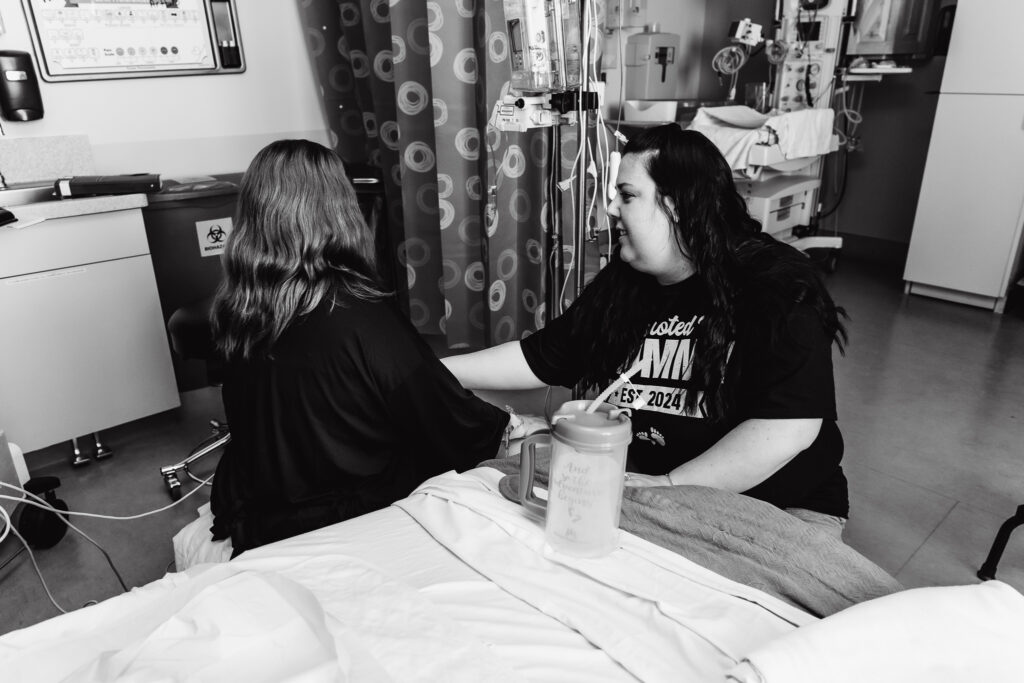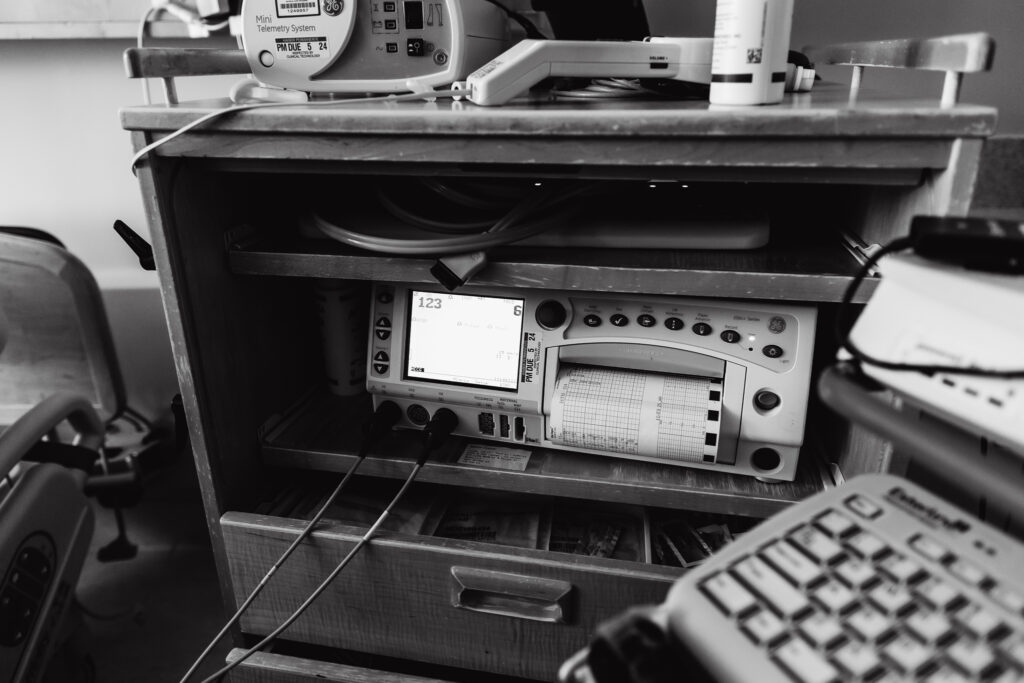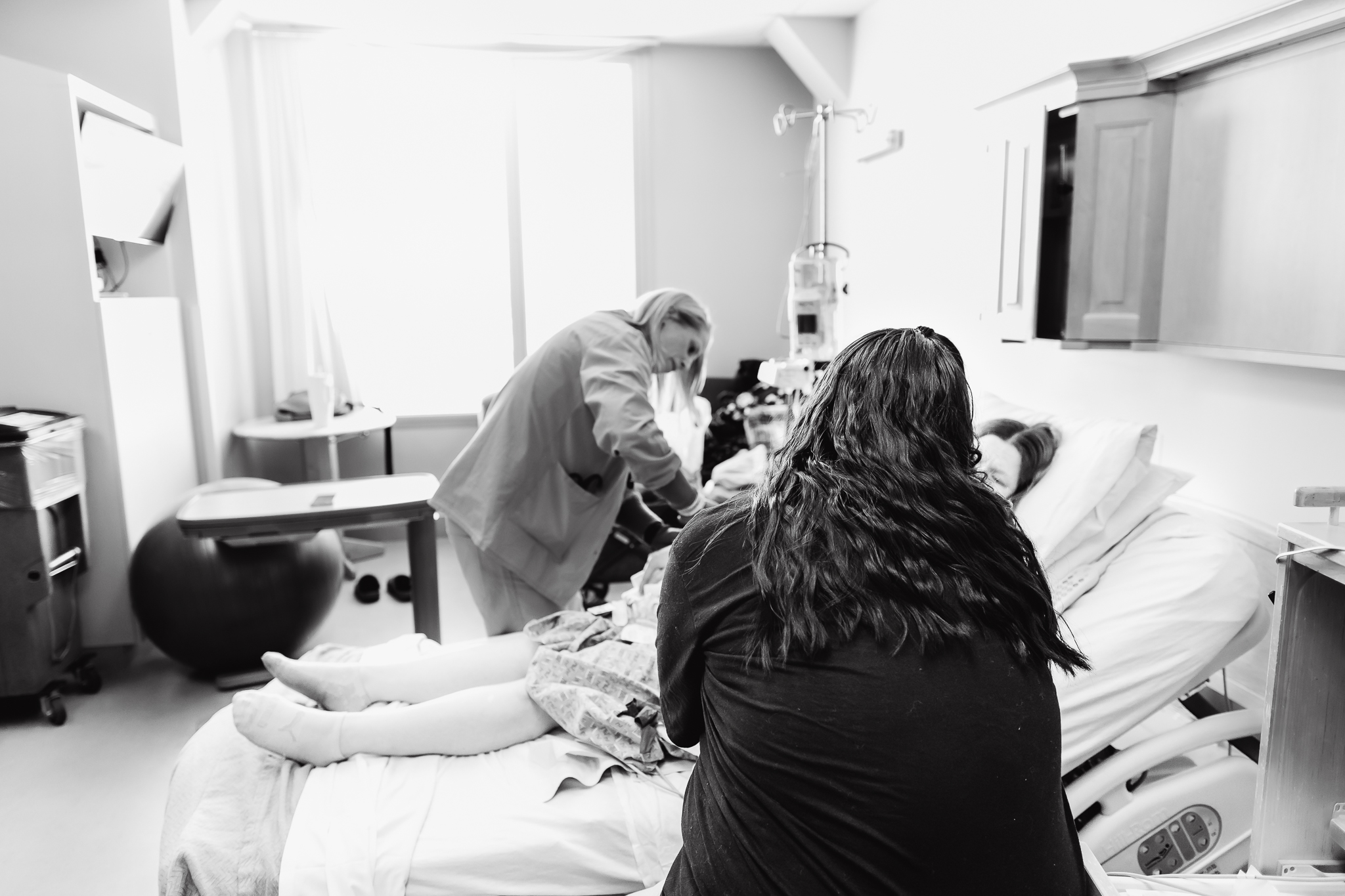Miscarriage Support-Finding Help through Grief and Loss During Pregnancy and Birth
By Robert Cox, MA, LMFT
Miscarriage is sometimes a taboo topic, and finding support can be difficult. Pregnancy and childbirth are often celebrated as joyous milestones, but for many, the experience can be filled with profound grief and loss. Whether you’re facing infertility, miscarriage, stillbirth, or unexpected medical complications, it’s essential to acknowledge your emotions and seek support as you navigate this difficult time.
Understanding Grief and Loss During Pregnancy and Birth
Grief during pregnancy and birth can take many forms. Infertility can bring overwhelming feelings of sadness and uncertainty, especially when the possibility of natural conception fades. Miscarriage, regardless of when it occurs, can be devastating, often leaving individuals feeling isolated and misunderstood. Carrying a pregnancy to term and experiencing stillbirth is an incredibly painful loss that can be challenging to process. My younger brother and sister-in-law experienced the heartbreaking loss of their stillborn baby girl, and it was a huge trial for our entire family. Losing a baby shortly after birth brings deep sorrow and complex grief that affects every part of life. Additionally, unexpected medical complications during pregnancy or birth can introduce a mix of grief and anxiety as parents face an uncertain future.
Grief is deeply personal and doesn’t follow a set path. It’s natural to experience a wide range of emotions, from sadness and anger to moments of hope and healing.
The Emotional Impact of Grief and Loss
The emotional toll of pregnancy and birth-related loss can be profound, affecting you in many ways. Emotionally, you may feel sadness, anger, guilt, anxiety, or even depression. It can be difficult to concentrate, intrusive thoughts may arise, and decision-making might become challenging. Physical symptoms such as fatigue, changes in appetite, sleep disturbances, and unexplained aches are also common. Socially, you might withdraw from loved ones or experience strain in relationships.
Growing up in a faith tradition that places an emphasis on family, I understand how grief surrounding pregnancy can feel even more complicated. Giving yourself permission to feel your emotions and allowing time to heal are key steps in the grieving process. Everyone’s experience is unique, and it’s important to extend yourself grace during this time.
The Role of Identity and Self-Perception in Grief
Experiencing infertility or pregnancy loss can profoundly impact how you see yourself. Many people grow up assuming they will become parents, and when that expectation is disrupted, it can lead to feelings of inadequacy, failure, and confusion. Grief isn’t just about the physical loss; it’s also about letting go of a deeply held vision of the future. As the second oldest of seven children, I always assumed having a large family would be a natural part of my life. Redefining your sense of self and finding new aspirations can be an important part of the healing process. Remember, your worth is not defined by your ability to conceive or give birth. Exploring different paths to fulfillment can bring new meaning to your life.
My Personal Experience with Infertility and Adoption
When my wife, Shayna, and I married, we knew having a family was important to us. After more than a year of trying and undergoing multiple tests, we were devastated to learn that I was completely infertile. The grief we felt over the biological children we would never have was overwhelming, and the uncertainty about our future as parents was difficult to bear.
Over time, we chose to pursue adoption through the foster care system and were eventually blessed with twin baby boys. Today, they are six years old, and as I look at our family, I realize something unexpected: “I am grateful for my infertility because without it, I wouldn’t have the amazing family I have now.” I didn’t become a father until my late 30s, and while it wasn’t the path I originally envisioned, I wouldn’t trade it for anything. This experience has shown me that grief and gratitude can coexist, and healing is an ongoing process.
Coping Strategies for Healing
Healing from pregnancy or birth-related loss requires patience and self-compassion. Here are a few strategies that may help:
Give Yourself Permission to Grieve – Allow yourself to feel your emotions without judgment.
Seek Support – Reach out to trusted friends, family, or support groups who understand your experience.
Practice Self-Care – Engage in activities like journaling, meditation, or gentle movement to find moments of peace.
Honor Your Experience – Meaningful rituals, such as creating keepsakes or planting a tree, can provide comfort and a sense of remembrance.
Set Boundaries – Protect your emotional well-being by limiting interactions or conversations that feel overwhelming.
Find Creative Outlets – Expressing emotions through writing, painting, or music can be therapeutic.
Stay Active – Even small physical activities can boost mental well-being and provide a sense of control.
Educate Yourself – Learning about grief and its stages can help you better understand and normalize your experience.

The Role of Rituals and Memorialization in Healing
Creating rituals and memorializing your loss can be powerful tools for healing. Some find solace in planting a tree, writing letters, or assembling memory boxes filled with meaningful items. Holding a private ceremony or participating in support events can also offer comfort. These acts of remembrance help honor the love and hopes you carried, providing a sense of closure and resilience.
When my dad passed away in 2021, I felt a deep sense of loss and uncertainty. Seeking support, I began meeting with a compassionate hospice therapist who helped me work through my grief. She encouraged me to find meaningful ways to honor my father’s memory in my daily life. With time, I discovered simple yet heartfelt ways to keep his presence alive, and these small acts of remembrance continue to bring me comfort and connection even today.
Navigating Cultural and Societal Expectations
Society often imposes expectations on how pregnancy and motherhood should unfold, making grief even more challenging. Cultural beliefs about pregnancy can create feelings of isolation when your experience doesn’t align with those norms. You may face well-meaning but hurtful comments from people who don’t fully understand your loss. Setting boundaries and surrounding yourself with a supportive community can be invaluable. When you’re ready, sharing your experience can help educate others and foster greater empathy.
Grieve in your own way and at your own pace—without pressure to conform to societal expectations. Healing is deeply personal and takes time.
Final Thoughts
Grieving a pregnancy or birth-related loss is a unique and deeply personal process. Healing doesn’t mean forgetting; it means finding a way to carry your grief while continuing to live a meaningful life. There is no right or wrong way to grieve, and you are not alone.
Hope might feel distant, but it is always possible. As an anonymous poet once said:
“Though your heart is heavy now, and shadows cloud your way,
There is light beyond the darkness, a dawn beyond the gray.
Each tear that falls will water seeds of strength and grace,
And in time, you’ll find the beauty that sorrow can’t erase.”
Be gentle with yourself and trust that healing happens one step at a time.
Resources for Miscarriage Support:
These resources were provided by Birth Becomes You, in the Birth Becomes You Doula Course.
Stillbirthday: If you are a doula or a partner, This site provides comprehensive support. You’ll find tools for emotional care, client resources, and grief support.
Now I Lay Me Down to Sleep: This is a nonprofit organization that provides free birth and infant photos to parents who either have had a stillbirth or whose baby has died in the hospital/after birth. I highly recommend having photos taken if you can. Though this can be difficult at the time, it will help promote healing.
Share Pregnancy & Infant Loss Support: This organization offers bereavement resources, online support groups, and educational materials for doulas and families.
The Tears Foundation: The TEARS Foundation is a nonprofit organization that provides financial assistance for funeral services to families who have lost a baby. They also offer emotional support through programs and resources for grieving parents, helping them navigate the pain of pregnancy and infant loss.
Books:
“Empty Cradle, Broken Heart” by Deborah L. Davis: A compassionate guide for families coping with loss, filled with real stories and practical advice.
“An Exact Replica of a Figment of My Imagination” by Elizabeth McCracken: A memoir of loss that captures the emotional complexity of stillbirth.
Podcasts:
A Jouyful Mouring: A podcast for parents who have experienced pregnancy or infant loss. Honest conversations from real parents who have experienced these losses.
“Still A Part of Us”: A podcast specifically for families who have experienced stillbirth and infant loss. It provides a safe space for grieving families to share and listen.
Miscarriage Support Groups and Online Communities:
Postpartum Support International (PSI): Offers resources for both families and doulas, including loss-specific support groups. Access their resources here.
Still Standing Magazine: An online publication dedicated to supporting families enduring infertility, pregnancy loss, and child loss. It features personal stories, resources, and guidance from parents who have experienced similar grief, offering comfort and community to those navigating life after loss.
The Compassionate Friends: A non-profit that offers grief support for families who have lost a child, including online communities.
And if you would like to contact Robert Cox, LMFT, you can find him on Instagram HERE. Thank you!

